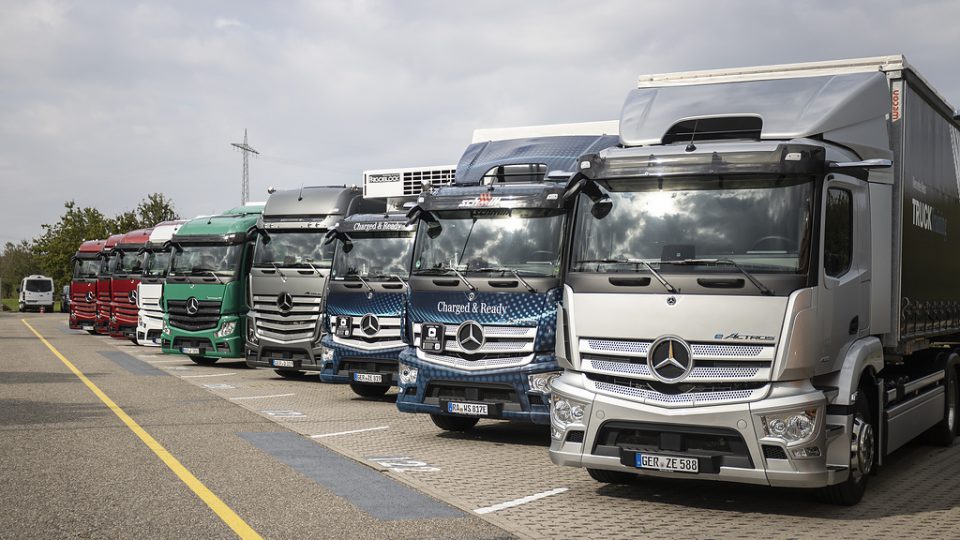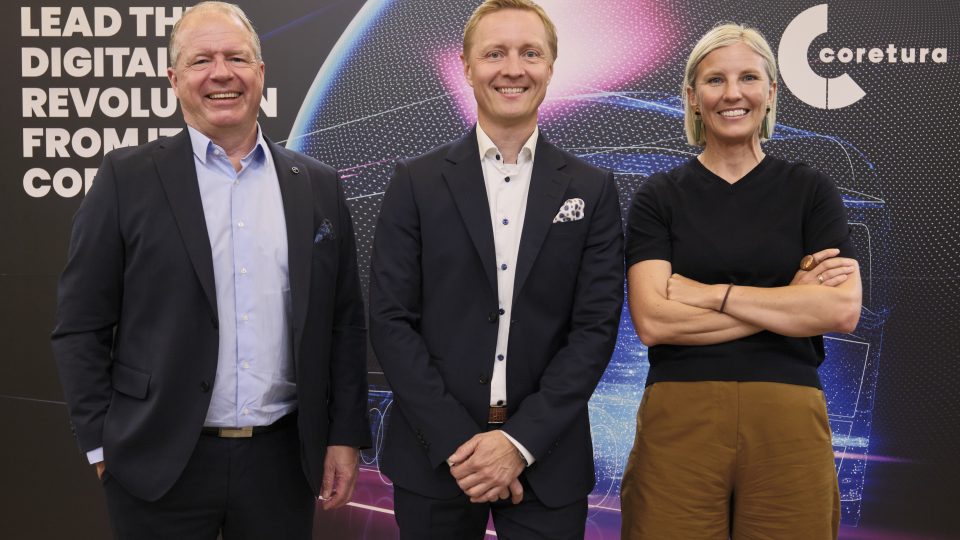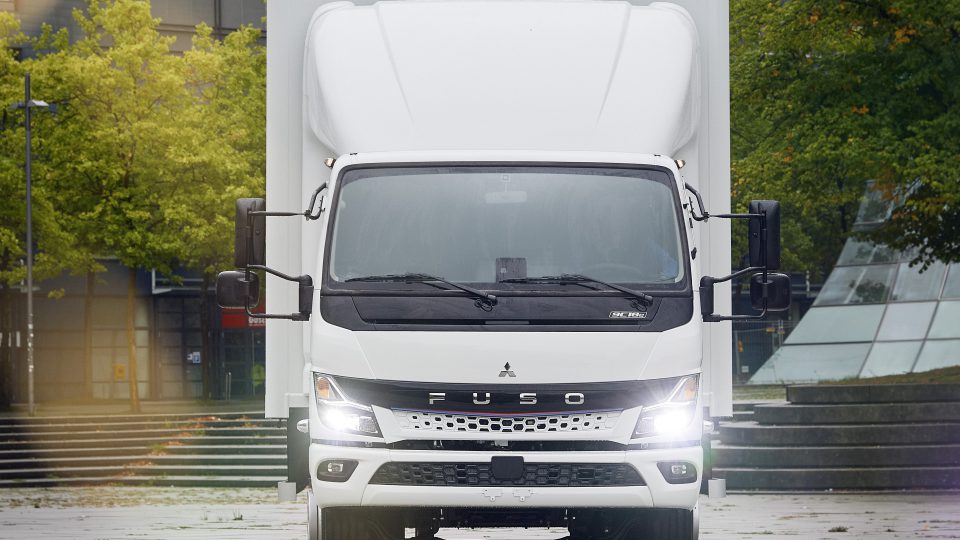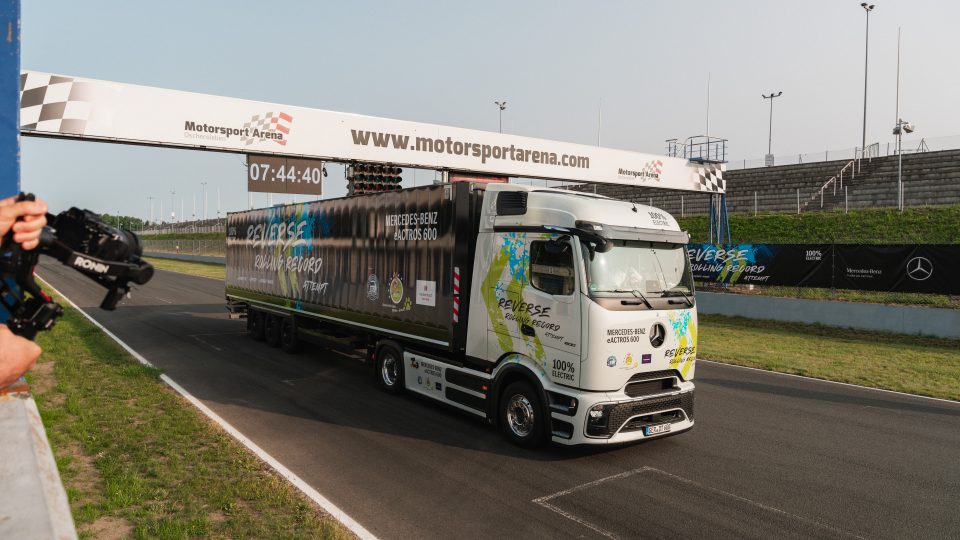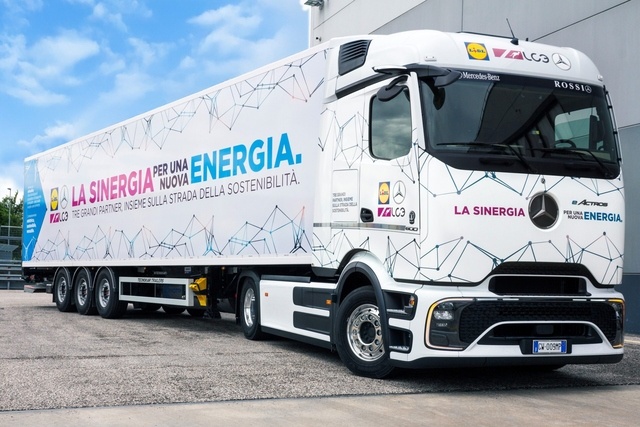Daimler Truck gets prepared for stock market listing in December
«We have a clear ambition for Daimler Truck. We’re committed to achieving higher profitability and to going full speed to win the race to zero emissions. We can’t wait to make our company even stronger. Ahead of the planned public listing we are ready for independence and for unlocking our full value potential», stated Martin Daum, CEO of Daimler Truck AG.
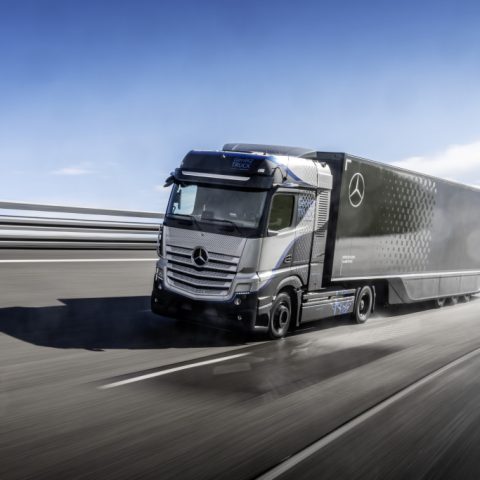
On November 11, Daimler Truck hosted its Capital Market Day and announced listing on the Frankfurt stock exchange for December 10. Subsequently, Daimler Truck expects to qualify for the DAX – the group of Germany’s most valuable listed companies – in the first quarter of 2022. The spin-off of the truck and bus business within Daimler was approved during a shareholders’ meeting at the beginning of October.
«We have a clear ambition for Daimler Truck. We’re committed to achieving higher profitability and to going full speed to win the race to zero emissions. We can’t wait to make our company even stronger. Ahead of the planned public listing we are ready for independence and for unlocking our full value potential», stated Martin Daum, CEO of Daimler Truck AG.
Daimler Truck in view of stock listing
Daimler Truck’s ambition is to achieve more than 10 percent Return on Sales (Industrial Business, adjusted) by 2025, assuming strong market conditions. Based on its ‘every segment must deliver’ approach, Daimler Truck’s top management announced margin range ambitions for its individual segments reflecting different macroeconomic conditions. In a 2025 scenario with strong market conditions, Daimler Trucks North America is aiming for a 12 percent adjusted Return on Sales, Mercedes-Benz for 10 percent, Truck Asia aims for an adjusted 9 percent Return on Sales and Daimler Buses for 7.5 percent. In the course of the Capital Markets Day, the company also announced that given the progress already made, Daimler Truck aims to achieve its target to reduce fixed cost by 15 percent compared to 2019 as early as 2023 – two years earlier than announced in May at the Strategy Day.
Potrebbe interessarti
«We see electric and hydrogen in the future of trucks». Mercedes-Benz unveils strategic pillars
Andreas Gorbach, CTO and Head of the Truck Technology Group, further elaborated on Daimler Truck’s technology strategy which is based on three pillars. Firstly, investments for the conventional ICE combustion engine in the powertrain will be further reduced. Besides the successful partnering with Cummins for medium duty engines, Daimler Truck Group also seeks partnerships for heavy duty engines to share the required investments to implement the upcoming emission regulations. Secondly, the majority of R&D spending is to be redirected to zero-emission vehicle (ZEV) technologies by 2025. Here, the company is focusing on both battery electric vehicles (BEV) and hydrogen-based fuel cell electric vehicles (FCEV).
Partnerships to accelerate the development of hydrogen-ready environment
Regarding Daimler Truck’s goal to establish a network of 150 hydrogen refueling stations and 5,000 heavy-duty hydrogen trucks by 2030, in addition to the recently announced collaboration with Shell, the company announced two additional partnerships. Together with BP, Daimler Truck strives to accelerate the H2 infrastructure development in the UK. In another partnership with Total Energies, the company is likewise aiming to enhance the H2 infrastructure in the major transport markets of France and Benelux. Thirdly, Daimler Truck will push software development with the next evolution of the mechatronic architecture and a truck-dedicated Operating System.




